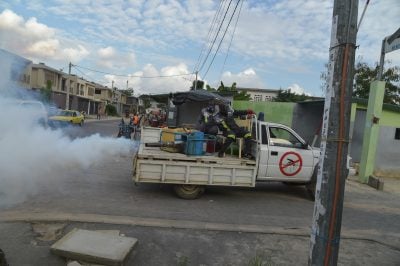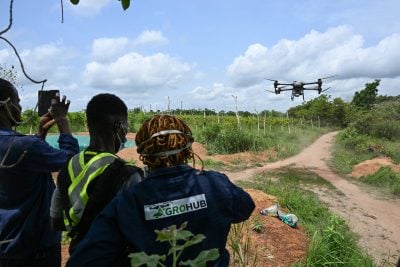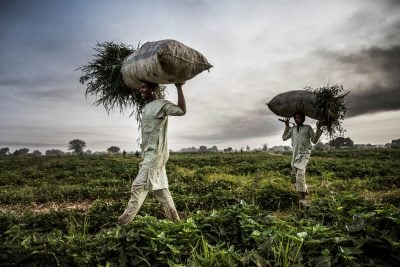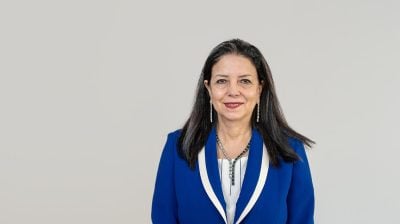“Ironically, the foundations of building this fibre-optic network, the initial challenges that needed to be overcome were regulatory, they weren’t technical,” Rudnick recalls. Econet is still the parent company and largest shareholder in Liquid Telecom. But while Liquid Telecom has to deal with a slew of expected and unexpected technical problems, regulatory issues still tend to get seriously in the way.
“Regulations vary from country to country,” says Rudnick. “Some countries are more consistent in applying the regulations than others and some have clearer regulations than others. It’s very inconsistent across the continent. Often the application procedures are not exactly clear and the decision-making process can be quite unclear and time-consuming.”
“How time consuming can it get?” I asked.
“We’ve had applications that have taken two years, some have taken three years to get approval. I wouldn’t say that’s the majority, but there are countries where having to wait for two years would not be considered unusual and that’s despite receiving undertakings that things were being processed. You get promises that the approval would arrive next week and I often have to ask, ‘Has next week arrived yet?’. Those are extremes but it has happened in several instances.”
What about the other end of the scale, where things get done quickly and without fuss?
“I would say that in every country some things happen smoothly, some things don’t, then you get some countries, of course, where everything happens smoothly.
“Kenya has a very good environment for rolling out networks but again within certain parameters,” Rudnick replies. “Once you start trying to do new things, it becomes quite difficult.
“There are things that regulators tend to be comfortable with, but when you are pushing the boundaries and trying to roll out new infrastructure and new technologies, and you’re entering areas that they are not so used to, things can take a lot longer.”
What was his experience in countries such as Rwanda for example, where governments take pride in their efficiency?
“Rwanda has been very positive, it’s got an excellent business environment and certainly there’s a lot of enthusiasm to roll out a network. That said, in the past there were also some inconsistencies in their policies that are now slowly being ironed out; but Rwanda’s a breath of fresh air.”
Rudnick explains that the issue is not the different regulatory regimes in various African countries but consistency. “It’s just a lot more important that the regulations are clear, consistent and that they’re not changed periodically,” he says.
What he does complain about is the lack of protection for the fibre-optic cables. “There’s not a single country that sees private fibre-optic networks as a national asset and affords them proper protection – or has rules and regulations surrounding the protection or digging of fibre-optic cables.”
A clear set of rules, as in Europe, would prevent the kind of disruption that often
accompanies the process of digging up ground to lay the cables.
Moving targets
Has he achieved the targets he had set out for himself so far? “Our targets move, and I say that simply because I don’t see an end to the roll-out that we’re undertaking. When we started rolling out fibre-optic networks more than six years ago, we were bringing the backbone to places that had been relying on satellite; then we moved on to building redundancy because we learned very quickly that fibre optics is a lot more complicated than satellite,” he says.
“What is ‘redundancy and why do you need it?” I asked.
“With satellite, when something goes wrong, you’ve really only got two places to look at – one end or the other.
Want to continue reading? Subscribe today.
You've read all your free articles for this month! Subscribe now to enjoy full access to our content.
Digital Monthly
£8.00 / month
Receive full unlimited access to our articles, opinions, podcasts and more.
Digital Yearly
£70.00 / year
Our best value offer - save £26 and gain access to all of our digital content for an entire year!

 Sign in with Google
Sign in with Google 




